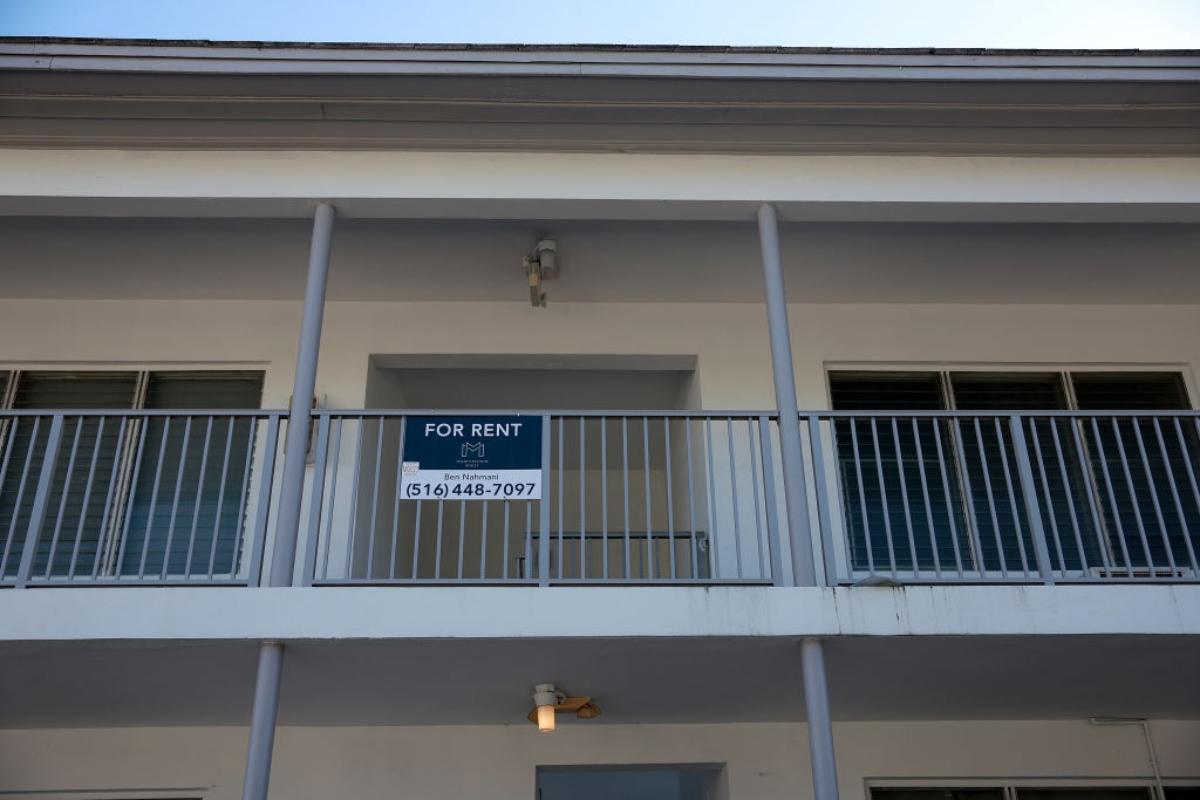A 1031 Exchange Could Help You on Taxes — See If It's Right for You
What is a tax-deferred exchange? A 1031 exchange, as it's also called, enables real estate investors to defer taxes on a property sale.
Feb. 13 2023, Published 4:36 p.m. ET

Investors in real estate want to maximize their profits, and part of that's using smart tax strategies. A tax deferred exchange, also called a 1031 exchange, is one way real estate investors keep more of their money, but there are specific rules about how they can be done. Let's look at what a tax deferred exchange is and how it works.
In a tax deferred exchange, real estate investors essentially perform a "swap" of properties. Sell one property, but move the money directly into another purchase. This is done in order to defer paying capital gains taxes on a property by funneling the money from it into a different, like-kind property.

Investors can "swap" real estate properties to defer capital gains taxes.
How does a tax deferred 1031 exchange work?
A 1031 exchange is named for Section 1031 of the Internal Revenue Code. It's a strategy used by those holding property for business or investment purposes to put off paying taxes on a sale. The IRS has specific rules that investors must follow when attempting a 1031 exchange, so be sure to know the guidelines before proceeding.
The following guidelines must be followed to conduct a successful 1031 exchange:
- sell a property and swap it for a like-kind property
- buying a property for the same purpose means you can avoid capital gains taxes
- proceeds from sale are held in escrow by a third party until used to purchase a new property
- you cannot receive money from the sale, even briefly
- both properties must be in the U.S.
To take advantage of a tax deferred exchange, you must sell one property and swap it for a property to be used for the same purpose. By doing so, you avoid keeping the money from the sale and can avoid paying capital gains tax on the sale.
A tax-deferred exchange is also called a 1031 exchange, a like-kind exchange, or a Starker exchange. The IRS explains that these types of exchanges have been allowed by IRS code for many years.

A person completing paperwork
What are the advantages of a 1031 tax deferred exchange?
The most important advantage to an investor is the chance to defer paying capital gains taxes on the sale of an investment property. A 1031 exchange allows investors to change the form of their investment without cashing out or realizing capital gains, in the eyes of the IRS.
There isn't a limit to the number of times you may do a 1031 exchange, as long as you do it correctly. This means you could hold properties for many years and only pay capital gains tax once, when you finally sell.
What are the disadvantages of a tax deferred exchange?
A 1031 tax-deferred exchange is beneficial from a tax perspective. However, one disadvantage is that it can be complicated and you should ensure you're following the IRS guidelines. The Tax Cuts and Jobs Act tightened guidelines around types of property that can be used.
Disadvantages:
- Timing: you need to keep the sale money in escrow until finding an acceptable property
- Cash may be left over after the swap, which is taxable
- Rules for using a 1031 exchange for vacation property are strict
- Only applies to exchanges of real property, not items like machinery, vehicles, artwork, collectibles, etc.
- You eventually must pay taxes (unless you die before selling the property)
How long can you leave your money in a 1031 exchange? If you aren't able to complete a simultaneous swap of properties, the sale money is held in escrow. You must then identify potential replacement properties within 45 days and complete the purchase of a new property for a delayed exchange within 180 days.
Overall, a 1031 exchange can be an effective way for investors to maximize profits by deferring capital gains taxes for years. However, it's wise to consult a real estate tax expert to ensure compliance with IRS rules.
